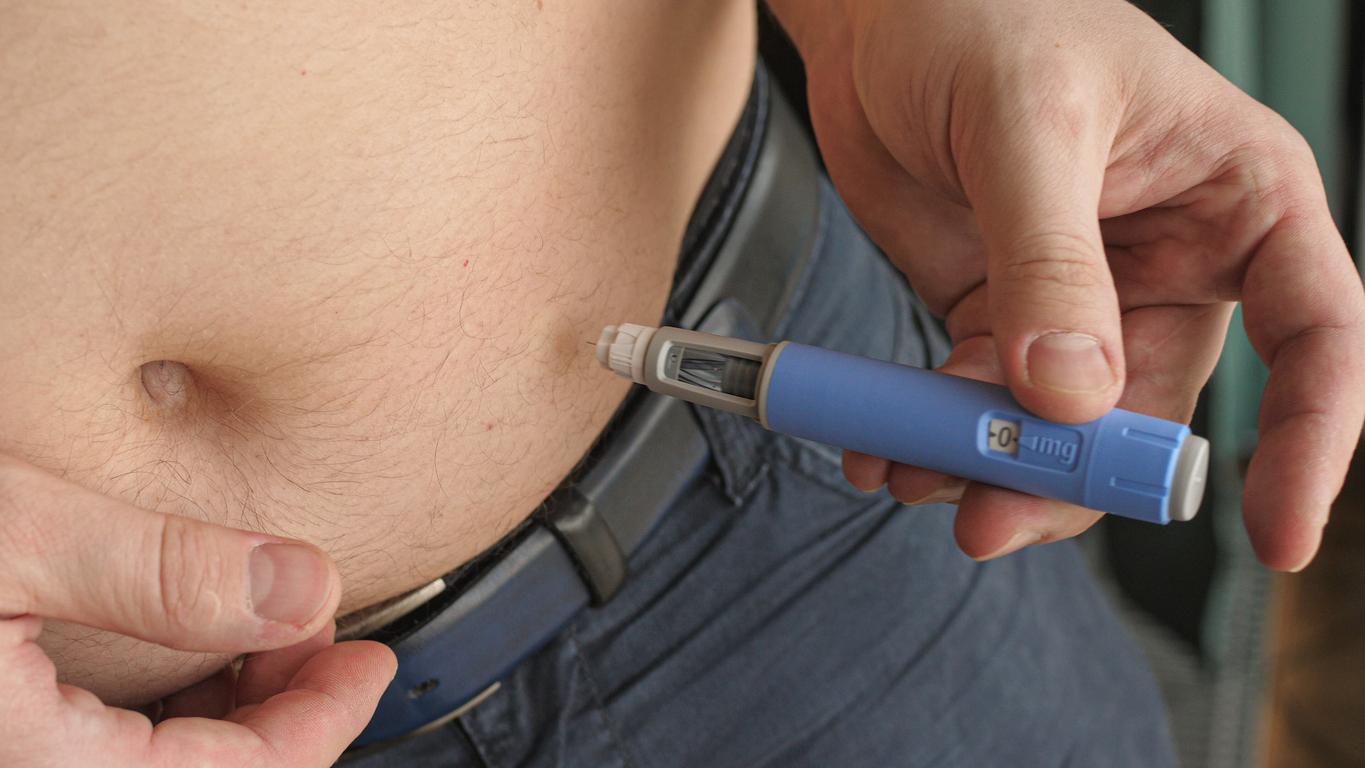Freezing the nerve that transmits hunger signals to the brain could help patients with mild to moderate obesity lose weight, according to the results of a study presented at the Society of Interventional Radiology (SIR) Annual Meeting. This treatment was found to be safe and feasible in its pilot phase.
Researchers at Emory University in the United States conducted a study with the study with 10 obesity patients, with a BMI between 30 and 37. After the operation, the patients were followed for 90 days.
Nerve freezing effective against hunger
During the procedure, a radiologist inserts a needle into the patient’s back and, guided by images from a CT scan, uses argon gas to freeze the nerve, known as the posterior vagal trunk. This nerve, located at the base of the esophagus, is one of the mechanisms that tell the brain when the stomach is empty.
The study showed that all the patients reduced their appetites and that the average weight loss reached 3.6% of the initial body weight.
“The medical literature shows that the vast majority of weight loss programs fail, especially when people try to reduce their food intake,” explained Dr. David Prologo, interventional radiologist at Emory University and senior author of the ‘study. “When our stomach is empty, the body senses it and goes into survival mode in search of food. We are not trying to eliminate this biological response, only to reduce the strength of this signal to the brain to provide a new solution. lasting to the difficult problem of treating mild obesity “.
Following the success of this preliminary study, more patients will be recruited for a larger clinical trial of the procedure to examine its effectiveness and longevity.
Read also :
Slimming: all you need to know about hunger
Weight loss: 7 tips for feeling full
How to eat less without being hungry


















